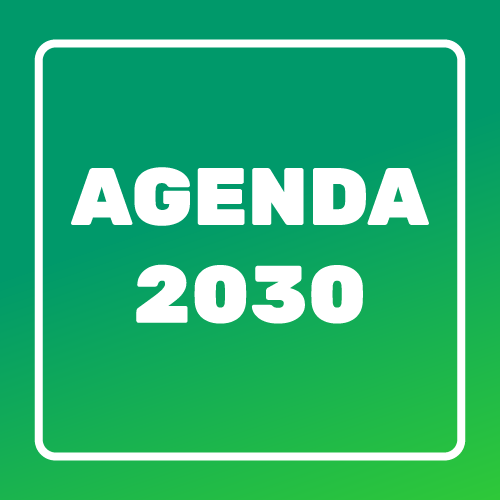SXSW has consolidated itself as the world’s leading Creativity & Innovation Festival. Every year, several professionals go to Austin to talk, listen, debate, and predict the main trends of different markets, especially in entertainment and communication.
This year, in the wake of the success of ChatGPT, Artificial Intelligence (AI) was the central theme, so much so that it was the subject of the talk of the famous futuristic Amy Webb. She showed how AI should be increasingly present in the future and how it is already being used, including pointing out its current limitations, risks, and possibilities for the future.
Webb was primarily concerned with people working in the creative industry, such as communication professionals: Will AI replace us? The answer she brought – to which I agree – is: No.
The main reason is: The use of artificial intelligence requires foundational knowledge. What does that mean? Generative Artificial Intelligence applications, such as ChatGPT, are reactive. They need to be provoked and demanded to make a delivery. And your delivery will be as good as the demand.
Here is one example. I used ChatGPT to ask for headline options from a re-targeting ad that uses the authority’s mental trigger. ChatGPT gave me excellent options. I chose one of them, adjusted it to look more to my style, and used it. On the same day, I asked for a list of the main curiosities that communication professionals have about Artificial Intelligence. Again, ChatGPT provided me with an excellent list, which I used as a reference to map the pains of this audience and think about how to address them.
I want to highlight here that ChatGPT acted as my assistant because this is what it is. I indicated a moment of the customer journey, asked to use a mental trigger, and thought of the audience I wanted to impact. My brother, an electrical engineer, works in the oil industry. The chances for him to get the same answers using ChatGPT are null.
This example proves Amy Webb’s argument: ChatGPT is a tool available to those who know about a topic, segment, or field of study. It does not replace that person. In fact, Generative Artificial Intelligence enhances the work of this expert professional – in other words, ChatGPT is a great partner for an excellent professional on a bad day (those days without inspiration) and an exceptional partner for an outstanding professional on a good day.
A person who does not have basic knowledge of a specific area will not be able to use this tool for many things or will have deliveries at a lower level.
So, as Amy Webb said, I argue that communication professionals see Generative Artificial Intelligence with excitement and some fear. ChatGPT and its peers (such as Copy.AI, Dall-E, and Midjourney) can give superpowers to expert professionals, including making the difference in productivity, quality, and impact of good professionals more visible to the not-so-specialized professional.
ChatGPT will not replace us. It is here to empower us.
*This is content generated from the Aberje Committee of Innovation in Corporate Communication, which promotes discussions on how corporate communication can become the axis of technological and marketing innovation and position the communicator’s function as a futuristic.
*LUCAS REIS is the CEO of Zygon AdTech & Data Solutions, a Ph.D. in Social Communication (UFBA), alumnus of the Startup Beta (Web Summit) and Scale Up (Endeavor) acceleration programs. He is a Professor at IAB Brazil and a Big Data researcher at the National Institute of Science and Technology in Digital Democracy – INCT.DD.
Destaques
- Theme of the Year “Communication for Transition” Renewed for 2025
- Web Summit Lisbon 2024: Innovation and Ethics in a Future Shaped by AI
- Global Alliance Launches Recognition Program for Young Communicators
- Alejandro Cornejo Montibeller Joins the Latin American Regional Council of the Global Alliance
- LiderCom Meeting Discusses International Expectations for COP30
ARTIGOS E COLUNAS
Hamilton dos Santos Mundo vive tempos de ciúme comercialLuis Alcubierre O viés de confirmação interpretativaCarlos Parente As sutilezas no ofício da comunicação, para não ofuscar o Rei SolPaulo Nassar Anna ChalaPatricia Marins Meta e o fim da checagem de fatos: por que a Dieta da Comunicação é essencial para a gestão da reputação em 2025
































